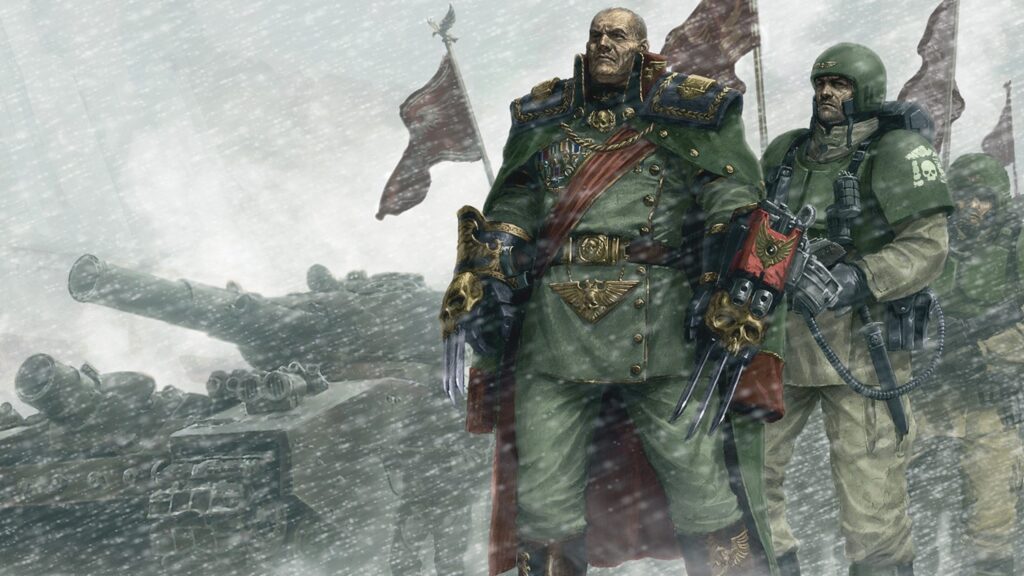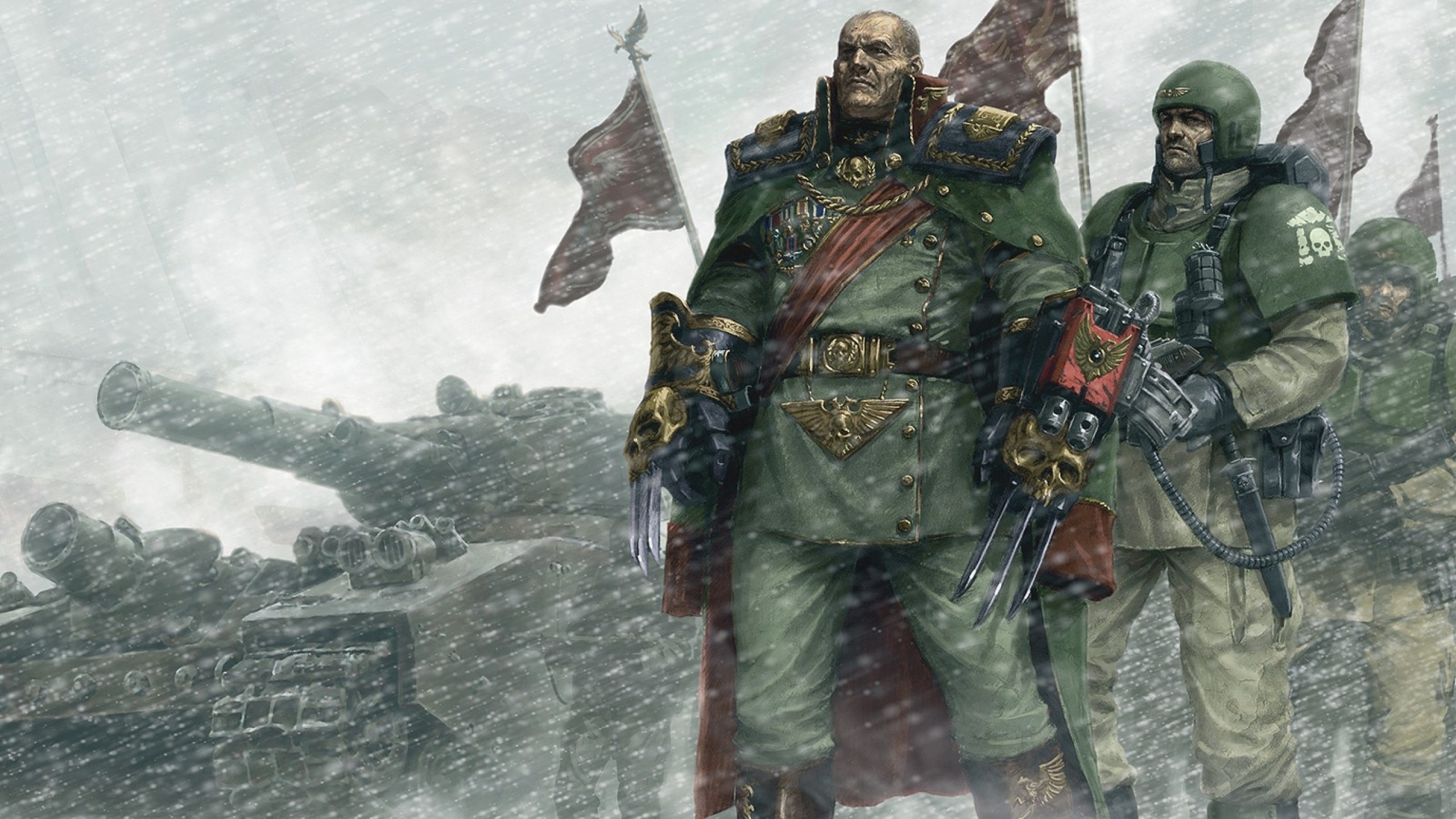
The Imperial Guard: A Deep Dive into History’s Elite Protectors
Throughout history, empires and powerful rulers have relied on elite military units to safeguard their lives, maintain order, and project power. Among these, the Imperial Guard stands out as a symbol of unwavering loyalty, exceptional skill, and formidable presence. This article will explore the history, organization, roles, and legacy of various Imperial Guards across different civilizations, providing a comprehensive understanding of these elite protectors.
What is the Imperial Guard?
The term “Imperial Guard” generally refers to a select military force directly responsible for the safety and security of an emperor, empress, or other supreme ruler. These units are typically composed of the most skilled, loyal, and disciplined soldiers within the armed forces. Serving in the Imperial Guard is often considered a high honor, reserved for individuals who have demonstrated exceptional bravery, competence, and unwavering dedication.
Historical Examples of Imperial Guards
The Roman Praetorian Guard
One of the earliest and most well-known examples of an Imperial Guard is the Roman Praetorian Guard. Established by Emperor Augustus in the 1st century BC, the Praetorian Guard served as the emperor’s personal bodyguard and elite fighting force. Initially, the Praetorians were stationed in Rome, but over time, their influence grew significantly. They became deeply involved in political intrigue, often making or breaking emperors. Their power eventually led to their disbandment by Emperor Constantine in the 4th century AD. The Praetorian Guard embodies both the prestige and the potential dangers associated with entrusting too much power to a ruler’s personal guard. They were the ultimate Imperial Guard of their time.
Napoleon’s Imperial Guard (La Garde Impériale)
Perhaps the most famous Imperial Guard in modern history is Napoleon Bonaparte’s La Garde Impériale. Formed in 1804, this elite force accompanied Napoleon on his campaigns throughout Europe. The Guard was composed of veteran soldiers known for their courage, discipline, and unwavering loyalty to the Emperor. The Garde Impériale was not just a bodyguard unit; it was a highly effective fighting force that played a crucial role in many of Napoleon’s victories. The Guard was divided into different echelons, including the Old Guard (Vieille Garde), Middle Guard (Moyenne Garde), and Young Guard (Jeune Garde), each representing different levels of experience and skill. The Old Guard, composed of Napoleon’s most seasoned veterans, was considered the elite of the elite. The Imperial Guard fought valiantly at battles like Austerlitz, Jena-Auerstedt, and Waterloo, cementing their place in military history. Their iconic uniforms and unwavering fighting spirit made them a symbol of Napoleonic France. The loyalty of Napoleon’s Imperial Guard was legendary.
The Byzantine Varangian Guard
The Byzantine Empire, renowned for its sophisticated military and political structures, also maintained an Imperial Guard known as the Varangian Guard. This unit was primarily composed of Norsemen, Anglo-Saxons, and other Northern European warriors. The Varangian Guard served as the emperor’s personal bodyguard and was renowned for its fierce loyalty and fighting prowess. Unlike the Praetorian Guard, the Varangians were less involved in political intrigue, making them a more reliable force for the emperor. Their foreign origin was a deliberate choice, as it reduced the risk of them becoming entangled in Byzantine court politics. The Varangian Guard played a vital role in protecting the Byzantine emperors for centuries, contributing to the empire’s longevity. The presence of the Imperial Guard was crucial for maintaining power.
The Qing Dynasty’s Imperial Guards
During the Qing Dynasty in China, the Imperial Guard played a significant role in protecting the emperor and the Forbidden City. These guards, often drawn from the Eight Banners, were responsible for maintaining order, preventing unauthorized access, and ensuring the safety of the imperial family. The Qing Imperial Guard was not only a military force but also a symbol of imperial authority and power. They were meticulously organized and trained, reflecting the importance placed on security and protocol within the imperial court. Their presence was a constant reminder of the emperor’s power and the stability of the dynasty. The Imperial Guard of the Qing Dynasty were more than just soldiers; they were symbols of imperial authority.
Roles and Responsibilities of the Imperial Guard
The specific roles and responsibilities of an Imperial Guard can vary depending on the historical context and the needs of the ruler they serve. However, some common functions include:
- Personal Protection: The primary role of the Imperial Guard is to protect the emperor or ruler from assassination, attack, or any other form of harm.
- Maintaining Order: Imperial Guards often play a role in maintaining order within the capital city or the imperial court, suppressing rebellions, and preventing unrest.
- Ceremonial Duties: Many Imperial Guards perform ceremonial duties, such as participating in parades, attending state functions, and guarding important landmarks.
- Military Support: In some cases, the Imperial Guard also serves as an elite fighting force, participating in military campaigns and battles alongside the regular army.
Qualities of an Imperial Guard
To be selected for service in an Imperial Guard, soldiers typically possess exceptional qualities, including:
- Loyalty: Unwavering loyalty to the ruler and the state is paramount.
- Skill: Imperial Guards are typically highly skilled in combat, weaponry, and tactics.
- Discipline: Strict discipline and adherence to orders are essential.
- Courage: Bravery in the face of danger is a key attribute.
- Physical Fitness: Imperial Guards are typically in excellent physical condition.
The Legacy of the Imperial Guard
The concept of an Imperial Guard has persisted throughout history, reflecting the universal need for rulers to protect themselves and maintain their authority. While the specific composition, organization, and roles of Imperial Guards have varied across different civilizations, their underlying purpose remains the same: to serve as the elite protectors of the supreme ruler. The stories of these elite units continue to captivate and inspire, offering valuable insights into the dynamics of power, loyalty, and military organization. They serve as a reminder of the importance placed on personal security and the projection of power throughout history. The term Imperial Guard conjures images of unwavering loyalty and military prowess.
The Imperial Guard, in its various forms throughout history, represents more than just a military unit. It’s a symbol of power, loyalty, and the lengths to which rulers will go to protect themselves and their regimes. From the Praetorian Guard’s political machinations to Napoleon’s Imperial Guard‘s battlefield heroics, these elite forces have left an indelible mark on history. Understanding their roles, responsibilities, and legacies provides valuable insights into the complexities of power dynamics and the enduring human desire for security and control. The Imperial Guard remains a fascinating subject for historians and military enthusiasts alike. [See also: The Praetorian Guard: Rise and Fall of Rome’s Elite Soldiers] [See also: Napoleon’s Grande Armée: A Study in Military Innovation] [See also: The Byzantine Army: A Thousand Years of Warfare]
Modern Day Equivalents
While the term “Imperial Guard” is less commonly used today, many modern nations maintain elite security forces responsible for protecting heads of state and other high-ranking officials. These units often share similar characteristics with their historical counterparts, including rigorous selection processes, specialized training, and unwavering loyalty. Examples include the United States Secret Service, the British Royal Guard, and various presidential guard units around the world. These modern equivalents carry on the tradition of the Imperial Guard, adapting to the security challenges of the 21st century.
In conclusion, the Imperial Guard represents a fascinating and enduring phenomenon in military history. From ancient Rome to Napoleonic France, these elite units have played a crucial role in protecting rulers, maintaining order, and projecting power. Their stories offer valuable insights into the dynamics of power, loyalty, and military organization, reminding us of the enduring human need for security and control. The legacy of the Imperial Guard continues to resonate today, as modern nations maintain similar units to protect their leaders and uphold their authority.

